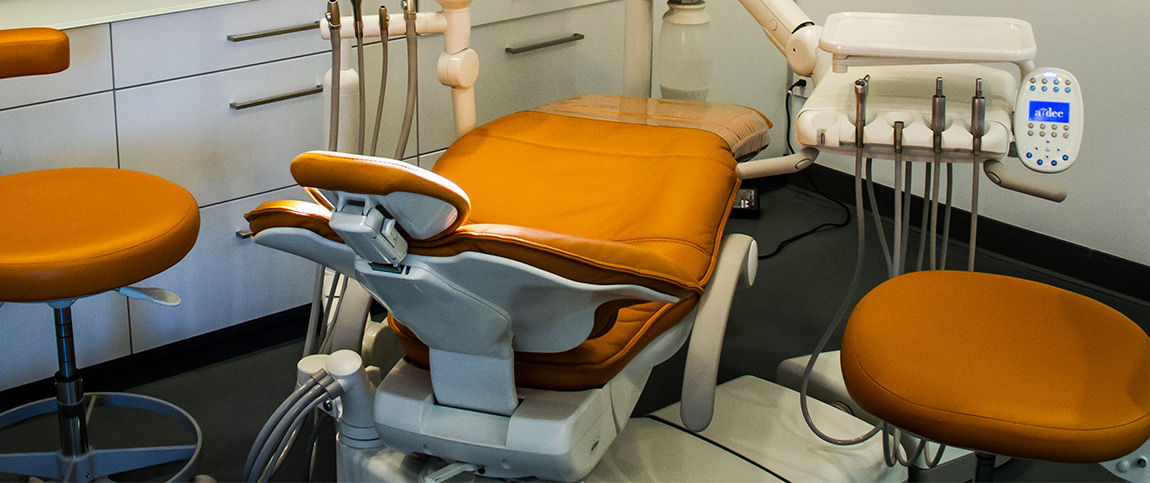Top 10 FAQs about Dental Implants
1. What are dental implants?
A dental implant is composed of three key components: a small titanium screw that is inserted into and fuses with the jawbone, an “abutment” or post which attaches to the implant, and a crown (in the case of one implant) that fits over the abutment to provide a natural looking tooth that functions well. Dental implants may be used to replace individual teeth, multiple teeth, or all your teeth in one or both arches. In the case of a full arch, 12 teeth may be supported by as few as four implants.
2. What are the benefits of dental implants?
- Implants are fixed in place, and look and perform like natural teeth
- Implants fit precisely without slipping or the need for adhesives
- Implants preserve facial features, and restore a natural smile
- Implants avoid damage to surrounding healthy teeth
- Implants prevent loss of bone in the area of the missing teeth
- Implants and beautiful new teeth can now be placed all in the same day
- Implants can improve your appearance, your confidence, and your ability to eat the foods you like, and participate in an active lifestyle, without worry about your teeth
- Implant treatment can last a lifetime
3. How successful are dental implants?
4. Can anyone get dental implants?
5. What is involved in getting dental implants?
Traditional dental implant treatment involves an exam by the dentist, placement of the implants by the implant surgeon, several months of healing time, then creation of your prosthesis (new teeth) by a specially trained restorative dentist. The entire process can take up to 12 months, or more.
New technologies (such as the 3-D CAT scanning, implant design, and treatment protocols used at GDIC) allow new teeth and the dental implants to be placed on the same day, greatly reducing treatment times and discomfort.
6. How painful is the dental implant procedure?
This procedure, as any other oral surgical procedure, has some associated pain. However, many implant patients comment that they were surprised at how minimal the pain and discomfort of their procedure were, especially when performed under oral sedation.
Once the implants are placed, your new teeth are fixed to the implants, and do not rest on your gums, thus avoiding aggravation to the surgical site. This can mean less pain than traditional dentures or other treatment approaches, and shorter duration of discomfort.
7. Who places dental implants? Where do I go for my treatment?
Dental implants may be placed and restored by any licensed dentist. However, as with other complex dental procedures such as root canals and orthodontics, most dental implants are placed and restored by specialists (oral surgeons, periodontists and prosthodontists) who have additional training, qualifications, and experience in implant dentistry.
8. Does insurance cover the cost of dental implants?
Dental implant treatment may qualify for some insurance coverage, but is generally limited to the coverage provided for a bridge or partial denture.
9. How do I care for my dental implants and new teeth?
10. Am I too old to have implants?
Age appears not to be a factor for dental implant success. Bone healing around dental implants occurs in patients from the 6th to the 10th decade of life with almost equal success as in younger patients.
The only thing to stand in the way of dental implant treatment in the elderly is general medical health. There are a number of medical conditions that can preclude treatment. Therefore, in addition to a general health history, a physical, blood studies and cardiograms may be required, as well as a release from your medical doctor.

Make An Appointment
Tel +1 310 820 9641 Mon-Fri 9am - 5pm
Refer A Patient
Most advanced diagnosis, and evidence based and minimal invasive procedures available.

